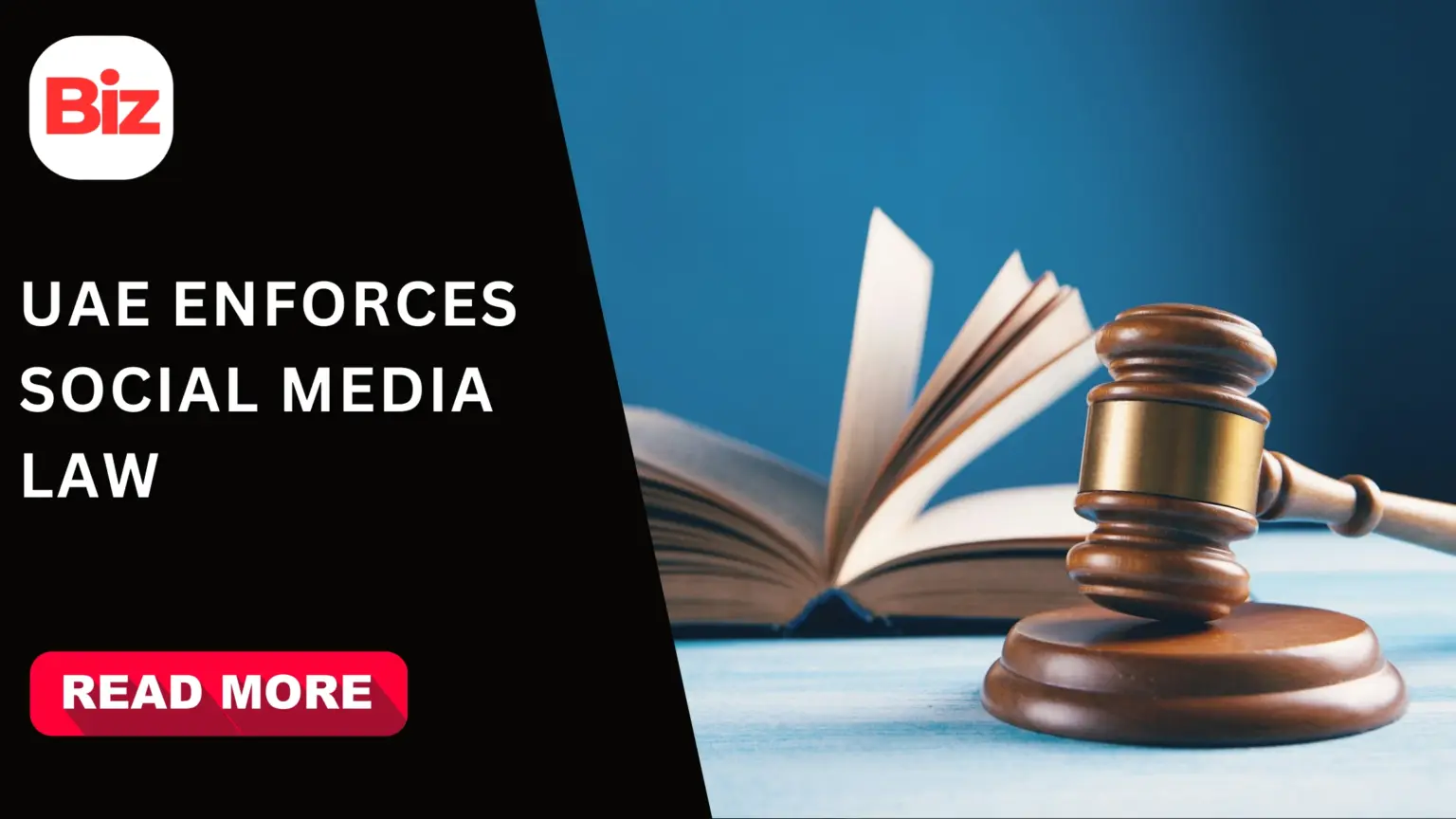The National Media Office (NMO) has referred a group of social media users to the Federal Public Prosecution for violating established media content standards. The move highlights the government’s determination to apply the UAE law on social media in practice. It also reflects the effort to protect public trust in online discourse. The referrals follow a pattern of repeated breaches detected across platforms. They show that regulators intend to hold account-holders to clear standards.
Officials said the action reinforces the country’s broader approach: online speech enjoys space, but that space comes with responsibilities. NMO staff work around the clock to spot content that crosses lines, notify account owners, and press for corrective action. Where warnings fail or the breach is serious, cases are escalated to prosecutors to consider administrative or criminal measures under existing laws.
Regulators framed the prosecutions as a way to safeguard a constructive media environment and protect communities from harmful or destabilising posts. Social media behaviour, they said, must respect the nation’s ethics, traditions and regulatory frameworks. Earlier this year, the NMO warned users that failure to uphold principles of respect, tolerance and coexistence would invite legal action; the current referrals illustrate that warning being carried out under UAE law on social media.
Legal context and broader digital rules

These prosecutions sit inside a tightened legal framework for digital conduct. Federal Decree-Law No. 55 of 2023 on Media Regulation was operationalised through implementing decisions and Cabinet resolutions. These measures officially took effect on 29 May 2025. The package set out 20 mandatory media content standards and introduced licensing requirements for compliance. It also established new penalty tables, including fines of up to AED 1 million for first-time offences. Higher penalties were set for repeat violations.
At the same time, the cybercrime law UAE — notably Federal Decree-Law No. 34 of 2021 — remains central to prosecuting online wrongdoing. That law spans offences from misinformation to abusive online conduct. It also provides for criminal sanctions where conduct meets the legal threshold. Authorities have been explicit that administrative media penalties and criminal cybercrime provisions can apply in parallel when warranted.
Recent enforcement examples show how quickly ordinary posts can draw scrutiny. One case saw a person fined AED 30,000 for offensive comments on a personal account. This underscored how online remarks can invoke defamation law in UAE and lead to liability. Regulators have also warned that abusive or negative comments, depending on severity, can attract serious penalties. These range from administrative fines to full criminal charges. First-time media fines can reach AED 1,000,000 and may double for repeat offenders. Meanwhile, offences under the cybercrime law UAE may carry additional fines and even imprisonment.

Together, these measures reinforce the UAE law on social media and make clear that the rules apply to content creators, influencers and private citizens alike.
Monitoring approach and NMO’s rationale
NMO combines automated monitoring with human review to identify possible breaches swiftly and accurately. The typical process is warning and removal requests first; escalation to the Public Prosecution follows for repeat or particularly harmful content. Officials describe the approach as calibrated: educate and correct where possible, enforce where necessary.
Sheikh Abdullah Al Hamed, who chairs the NMO and the UAE Media Council, has summarised the guiding principle succinctly: “Words are a trust… those who carry them are responsible for making them a bridge for closeness, not a tool for offense.” That ethic, authorities say, motivates both public guidance and the decision to pursue prosecutions under existing legal frameworks.
Impacts and guidance for users

The recent referrals underline that social media rules in UAE require vigilance from anyone who posts online. Even content shared in informal settings, or on private profiles, can attract legal attention if it breaches standards of respect or harms social values.
To reduce the risk of sanctions under the cybercrime law UAE or claims under defamation law in UAE, regulators advise users to:
• Verify information before sharing.
• Avoid language or allegations that could defame individuals or groups.
• Steer clear of content that is misleading, hateful or deliberately provocative.
• Respect cultural norms and the dignity of others.
• Follow platform terms and heed official guidance on media conduct.
These steps align with the stated goal of balancing a modern, open digital sphere with the need to maintain social cohesion and ethical standards.
Summary and outlook
The referral of social media accounts to the Federal Public Prosecution marks a clear, enforceable application of the UAE law on social media. It reflects a legal environment where administrative media penalties and criminal cybercrime provisions can operate together. The goal is to discourage harmful online conduct. For content creators and ordinary users alike, the message is direct. Digital freedom exists, but it carries defined responsibilities under local law. Vigilance, respect and responsible posting remain the surest safeguards in the country’s evolving digital landscape.








